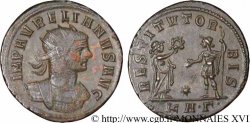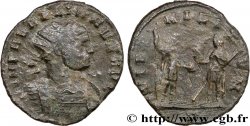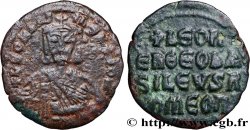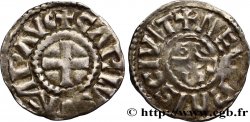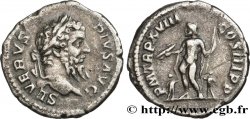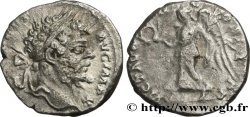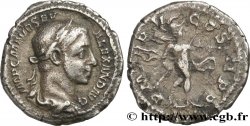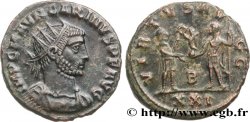- Accueil
- >
- >
E-auction 370-282658 - brm_583901 - AURÉLIEN Antoninien
得先注册又得到批准才可以报价。为了报价注册. 客户应该得到公司允许,那种过程需要 48 个小时。别等出售结束那一天才登记。您报价的话等于您赞成买那物品,而且按« 保价 » 证明您接受 cgb.fr 因特网拍卖使用法.
报价时只可以出全数值欧元总额。物品描述也说明销售结束时间,结束后出价都不会生效。 报价命令转达有时变动,等到最后秒钟增加否决的可能会。想多了解的话请注意 因特网拍卖常问
购货人不付费
购货人不付费
| 估算 : | 45 € |
| 价格 : | 23 € |
| 最高出价 : | 23 € |
| 拍卖结束日期 : | 18 May 2020 14:27:30 |
| 竞拍人 : | 6 竞拍人 |
种类 Antoninien
日期: fin 271 - automne 272
铸币厂名称/城市 Pannonie supérieure ou Savie, Siscia
材质 billon
纯度、成色(用角密度) 50 ‰
直径 21,5 mm
模子方针 6 h.
重量 3,16 g.
作坊: 2e
关于品相的说明
Exemplaire sur un flan bien centré. Frappe un peu molle au droit. Revers de style fin. Patine vert foncé
出版目录中的项代码 :
正面
正面的文字 IMP AVRELIANVS AVG.
正面的说明书 Buste d’Aurélien, tête radiée, à droite, avec cuirasse, vu de trois quarts en avant (B).
正面的翻译 “Imperator Aurelianus Augustus”, (Empereur Aurélien Auguste).
背面
背面的文字 FOR-TVNA - REDVX// *S.
背面的说明书 Fortuna (La Fortune) assise à gauche, tenant un gouvernail de la main droite et une corne d'abondance de la gauche ; sous son siège, une roue.
背面的翻译 “Fortuna Redux”, (La Fortune qui fait revenir).
评论
Seulement deux exemplaires de ce type dans le catalogue de La Venèra.
Only two examples of this type in the La Venèra catalog
Only two examples of this type in the La Venèra catalog







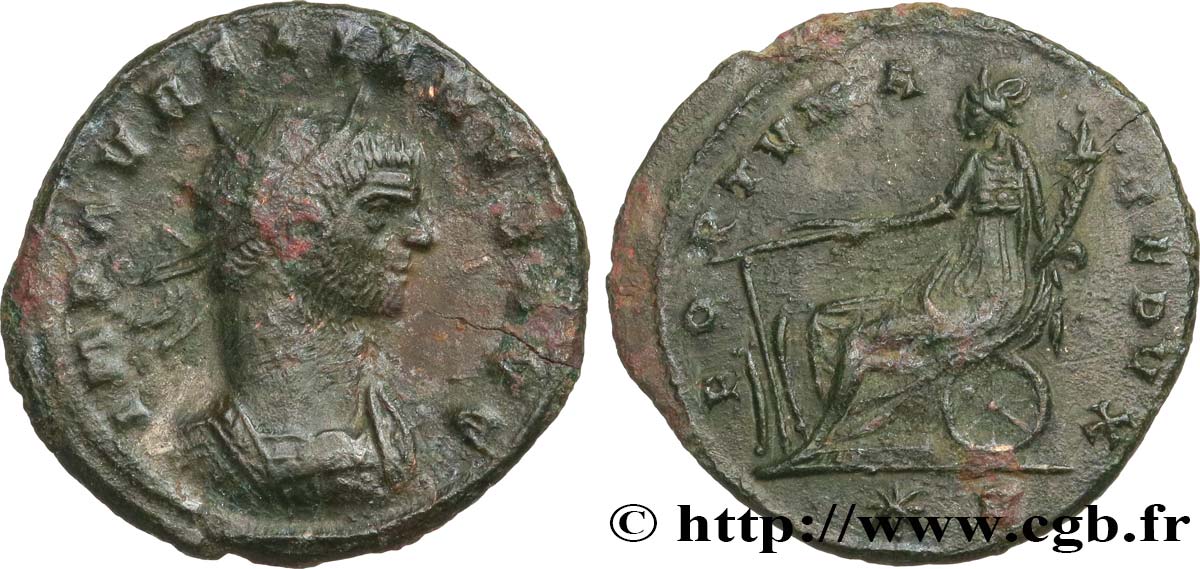
 对产品描述纠错
对产品描述纠错 打印
打印 分享我的选择
分享我的选择 提问
提问 Consign / sell
Consign / sell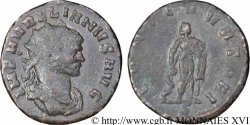
 产品介绍
产品介绍

